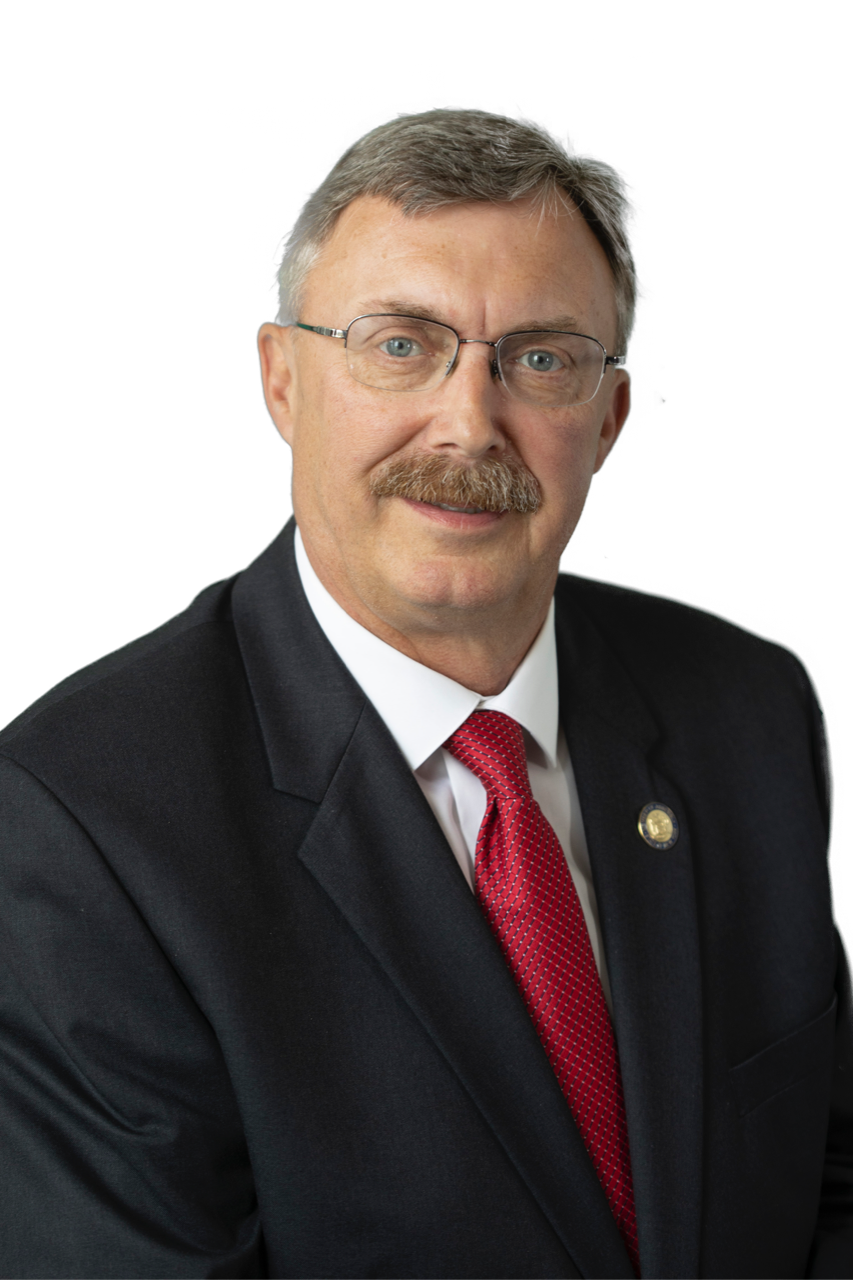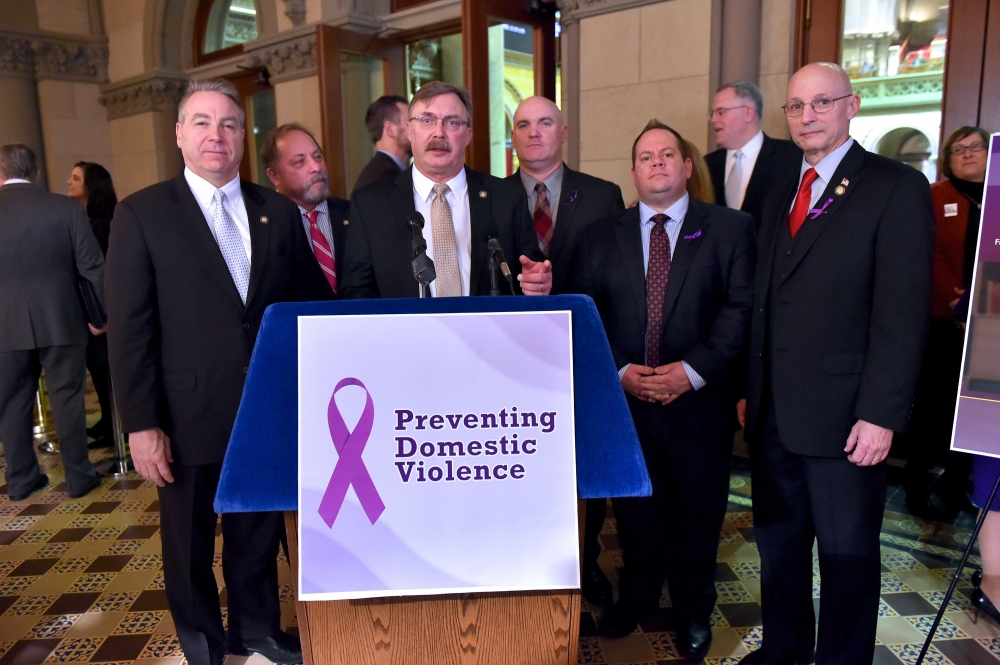Miller, The Assembly Minority Conference Announces Plan To Combat Domestic Violence
Advocates for victims of domestic violence and law enforcement officials stood with Assemblyman Brian Miller (R,I-New Hartford) and members of the Assembly Minority Conference today as they announced a plan to combat domestic violence and better aid victims on their road to recovering.
“While I am proud to stand up for victims of domestic violence and any measure that will help them, I’m troubled by our findings of how widespread this issue is,” said Miller. “So many families suffer in silence because they are afraid of the repercussions of coming forward. Many victims remain silent for fear of ripping their family apart, fleeing their home only to be homeless or putting their children in an unstable situation. The measures we have introduced today get at the heart of those issues in an effort to embolden victims to remove themselves and their children from dangerous situations and stamp out domestic violence altogether.”
According to the task force report, one in four women will experience domestic violence in their lifetime, with intimate partner violence affecting more than 12 million people per year, nationwide. According to the same report, intimate partner homicides were up 22 percent in 2016 from the previous year.
Measures of the plan include:
- Creating an automatic class E felony for a domestic violence crime committed in the presence of a child 15 years or younger;
- Making it easier for families fleeing domestic violence to find temporary housing;
- Requiring certain individuals to be mandated reporters of suspected domestic violence;
- Providing a “safe haven” for the non-abusive parent to ensure reporting will not result in losing custody of their children; and
- Providing funding to cover the costs of short-term temporary assistance benefits for victims residing in shelters.
The report issued by the Assembly Minority Conference and the measures introduced today are the result of a task force that included panels held across the state. During those panels, testimony was heard from victims, law enforcement officials and healthcare professionals. The task force report was built around the information gathered during these discussions.

